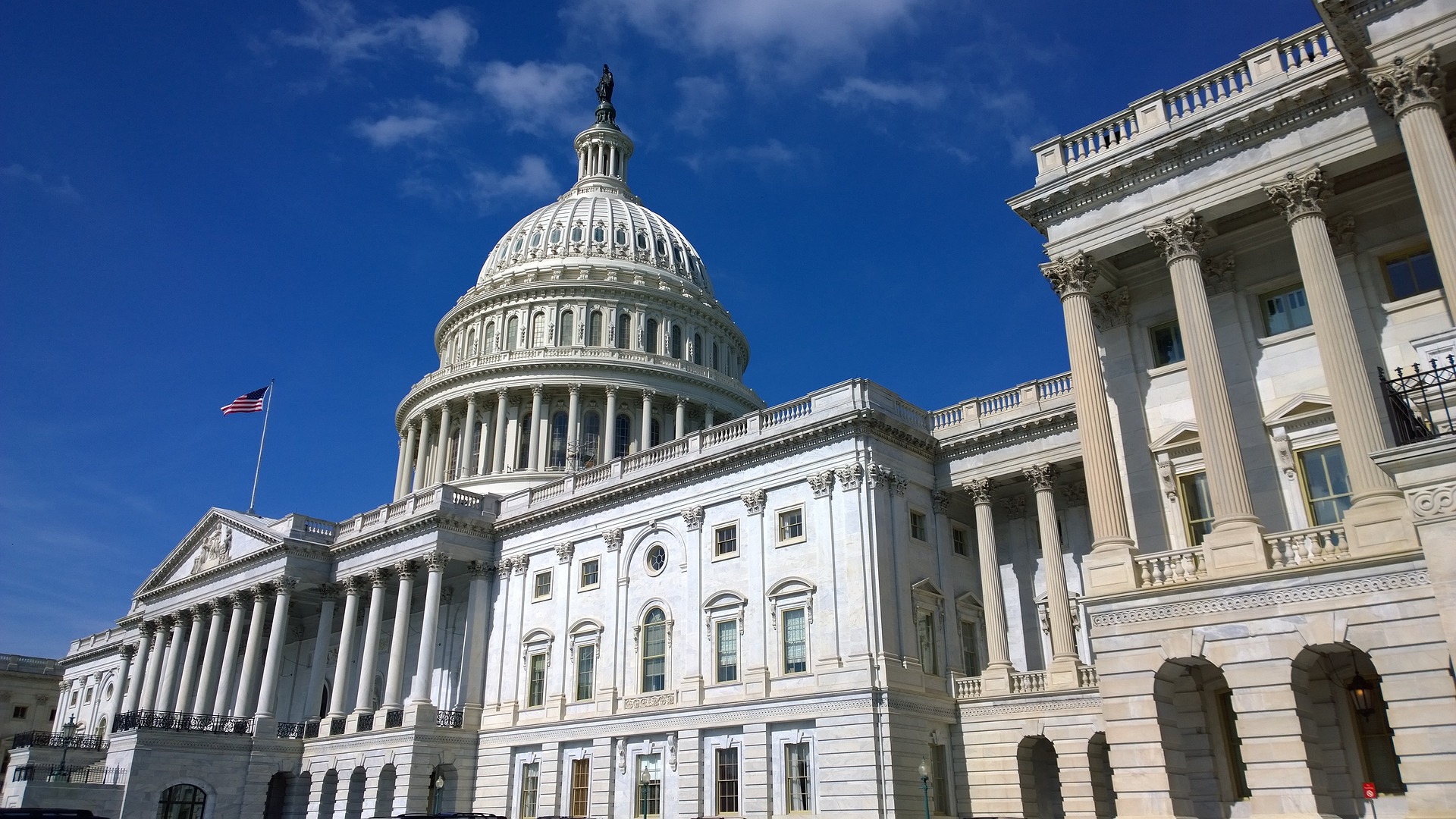
Author
Jennifer Wessel, JD, MPH
Senior Policy Analyst and Data Privacy Officer
501-526-2244
JBWessel@achi.net
The U.S. Senate Committee on Health, Education, Labor, and Pensions (HELP) recently released the Lower Health Care Costs Act of 2019 — a discussion draft bill aimed at addressing healthcare costs. The legislation addresses various health policies in five areas.
Surprise Billing. The bill would require out-of-network providers practicing at in-network facilities to accept in-network rates. It provides three options for out-of-network healthcare providers to be paid by insurers: with a guarantee for patients and health plans that the provider will be considered in-network, with dispute resolution by an independent arbiter, or with a benchmark for payment set at the median contracted rate for services in that geographical area.
Drug Pricing. The bill would increase patent transparency and clarify patent information for biological products, help bring biosimilars — a biological product that is highly similar to and has no clinically meaningful differences from an existing FDA-approved product — to the market faster, and help generic drug and biosimilar companies speed drug development.
Transparency in Health Care. The bill would permit the U.S. Department of Health and Human Services to designate a nongovernmental, nonprofit organization to develop a database of health claims data received from self-insured plans, Medicare, and participating states. The bill would also ban gag clauses — a contract provision that prevents the disclosure of certain information — and anti-competitive terms in contracts that prevent patients from knowing the price and quality of healthcare services.
Improvements to Public Health. The bill would authorize a national campaign to improve vaccine awareness and access in communities with low vaccination rates, provide a guide for developing local programs to prevent obesity, and authorize grants to states to reduce maternal mortality and improve maternal care.
Exchange of Health Information. The bill would give patients electronic access to their health claims information and create incentives for healthcare entities to adopt strong cybersecurity practices to keep personal health information private and secure.
The Arkansas Center for Health Improvement, the administrator of the Arkansas All Payer Claims Databases (APCD), provided input on the draft bill through its partnership with the APCD Council, a learning collaborative focused on improving the development and deployment of state-based APCDs. The APCD Council compiled and submitted comments to the HELP Committee.
State APCDs support the aims of the legislation, but they suggested ways to strengthen the bill to ensure that state health data initiatives continue. The APCD Council’s comments addressed several aspects of the discussion draft, with the main area of interest being the creation of the national claims database.
The HELP Committee is scheduled held its first public hearing on the Lower Health Care Costs Act today (June 18).






